One hundred years after the UK introduced its first drink-driving laws, the British Ports Association (BPA) is again urging the government to close what it calls a longstanding loophole in maritime legislation that allows non-professional mariners to operate vessels while under the influence of alcohol.
The renewed call from BPA comes in the wake of the UK Government’s national Maritime Safety Week, held in mid-July annually.
Richard Ballantyne, chief executive of the association, tells MIN that the organisation has been campaigning on the issue since 2003, when the Railways and Transport Safety Act introduced a framework for alcohol and drug limits for both professional and non-professional mariners.

Section 80 of the Railways and Transport Safety Act 2003 refers to a provision that allows the UK government to introduce alcohol and drug limits for non-professional mariners. Although the act created a legal framework for applying such limits to both professional and non-professional mariners, only the professional side was enacted at the time. Section 80 was never brought into force due to concerns raised by the recreational boating community in 2003, including over how the rules would be enforced.
“We have been pushing for this for over 20 years, as the legislation which provided the framework came in in 2003,” says Ballantyne. “Indeed, the Railways and Transport Safety Act 2003 allowed for the introduction of drug and alcohol limits for professional and non-professional mariners; however, the provisions for non-professional mariners were never brought into force due to concern from some in the recreational sailing community.
“We understand that over the last two decades, views in the recreational sector have calmed substantially, and therefore it could be a suitable time to bring Section 80 of the Act into force.”
Ballantyne warns that alcohol use remains widespread in the recreational marine environment. However, due to the absence of prescribed limits, obtaining accurate data remains difficult.
“As there are presently no prescribed alcohol limits, there is no way of measuring the issue,” he says. “For example, if there was an accident or incident which may have been attributed to drink or drugs, there is no requirement to test non-professional mariners or collect statistics. [However], while we don’t have exact data, we have received plenty of anecdotal feedback [of the extent of the issue] at meetings and events over many years.”
The Maritime and Coastguard Agency and the Marine Accident Investigation Branch have both identified alcohol as a contributing factor in several leisure boating incidents.
In 2023, a charter company in the Norfolk Broads banned alcoholic drinks aboard its vessels after a spate of antisocial behaviour by drunken guests.
In a 2023 consultation on personal watercraft legislation, the Department for Transport opined: “It was noted that there were a number of recent Marine Accident Investigation Branch reports into accidents where there had been tragic fatalities as a result of alcohol or drug use clearly demonstrating the dangers in a maritime environment.”
It also stated: “…it is clear from the evidence supplied that there has been an increase in the number of reports of incidents, accidents and near misses where alcohol and drug use is strongly suspected.”
BPA argues that alcohol limits for recreational users could be introduced without the need for primary legislation.
“In terms of the process to rectify the anomaly, introducing the limits would actually be quite simple. Indeed only a Statutory Instrument would be required, not primary legislation,” says Ballantyne. “Section 80 of the Railways and Transport Safety Act 2003 is the legislation which already exists but presently lacks the prescribed levels.”
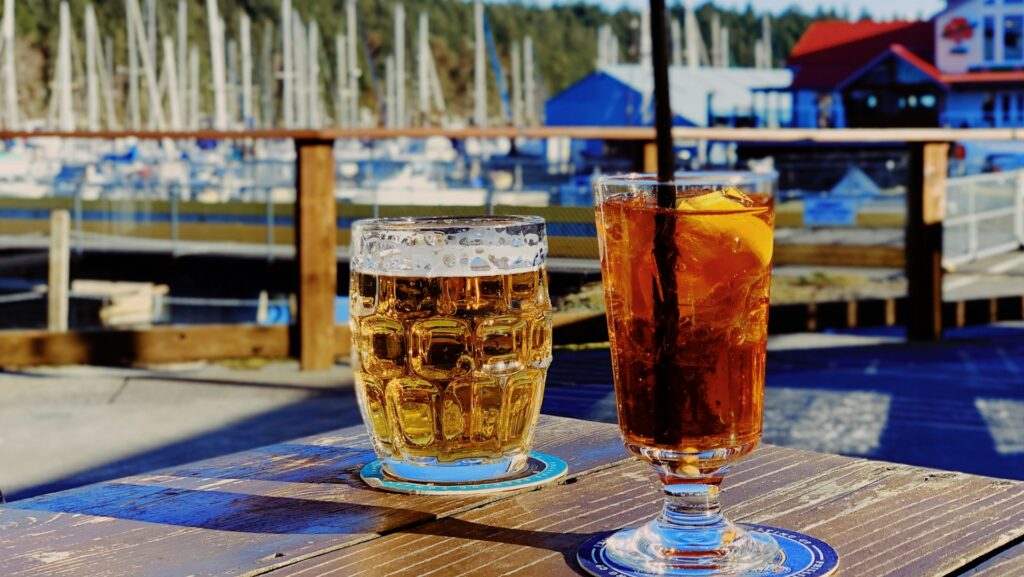
As for the levels of legal intoxication to be applied, Ballantyne says BPA is open to discussion, but suggests that the limits be lined up with existing drink-driving laws across the UK.
“National drink drive limits differ around the UK, so it would probably be easiest to align levels in England, Scotland, Wales and Northern Ireland,” he says. “We are open to a discussion on this, though, as we want to make it as easy as possible to understand and enforce, especially alongside the rules for professional mariners on commercial vessels.”
BPA has written to the maritime minister, Mike Kane MP, in its latest push for reform. “We have had an initial response confirming that government officials would convene a meeting with us,” says Ballantyne.
Marine Industry News has repeatedly reached out to Kane for comment, and is awaiting a response.
The post No limits at sea: BPA reignites debate over UK boater drinking laws appeared first on Marine Industry News.
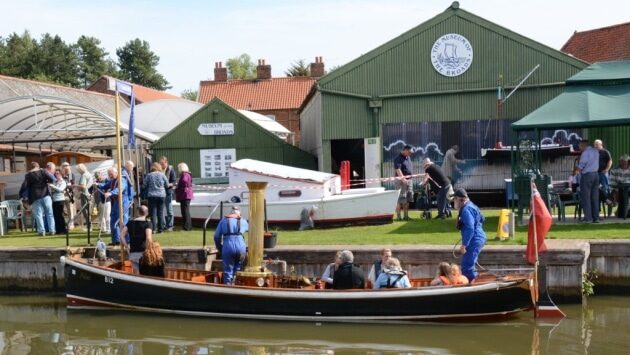
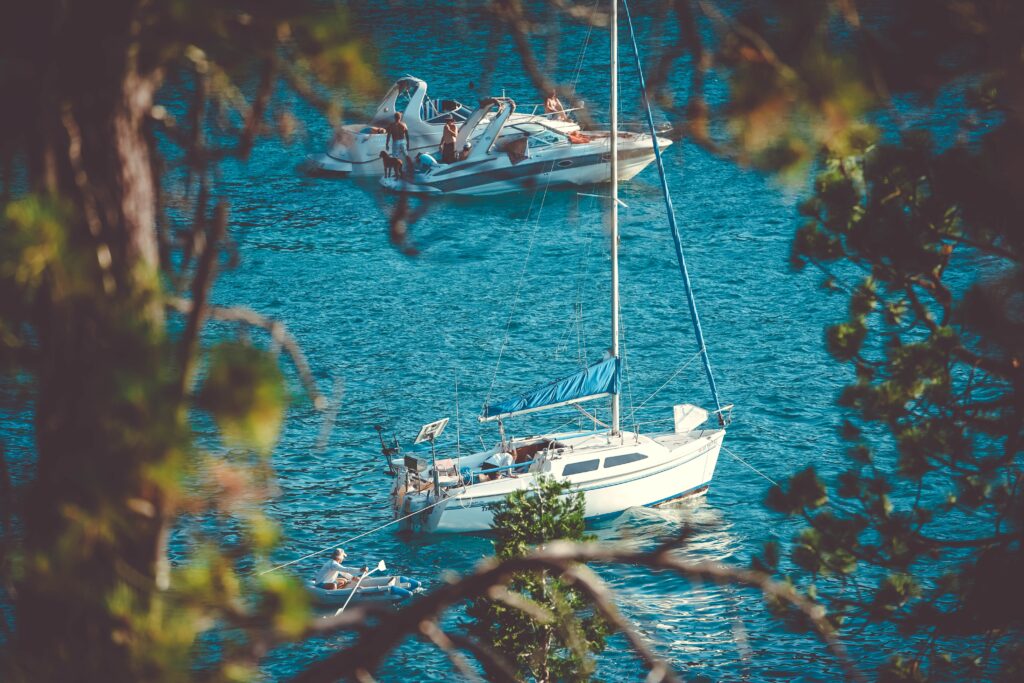
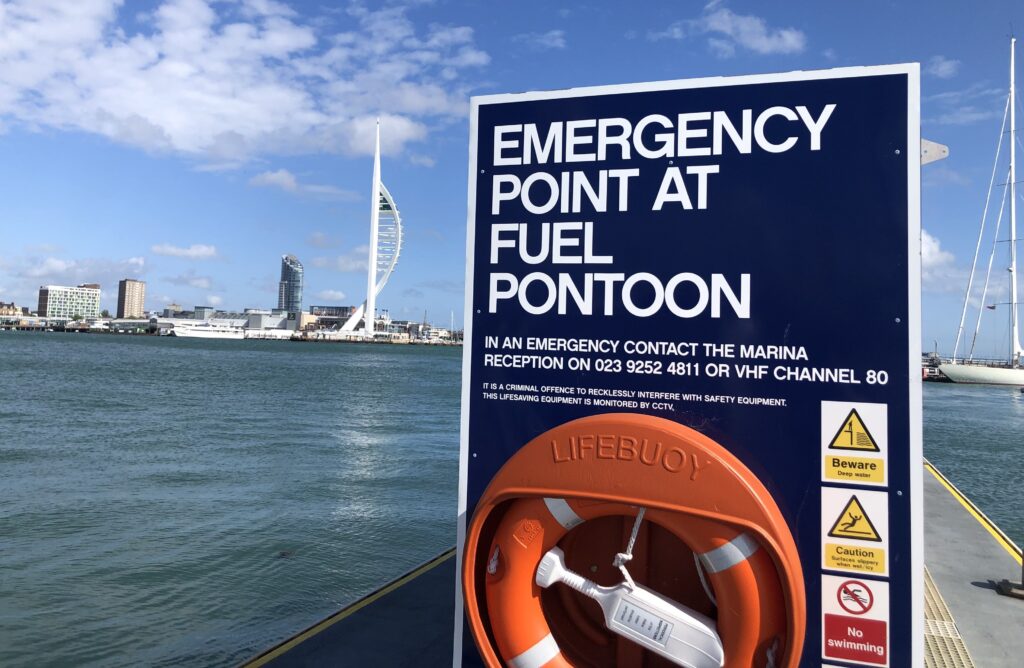
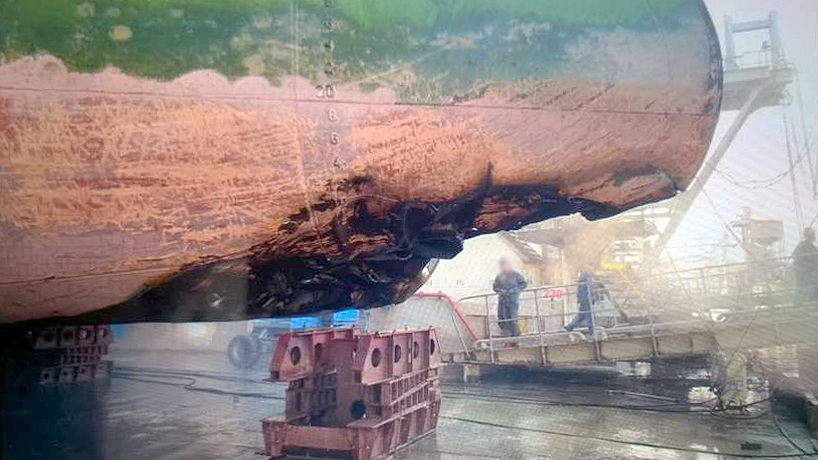
Leave a Reply